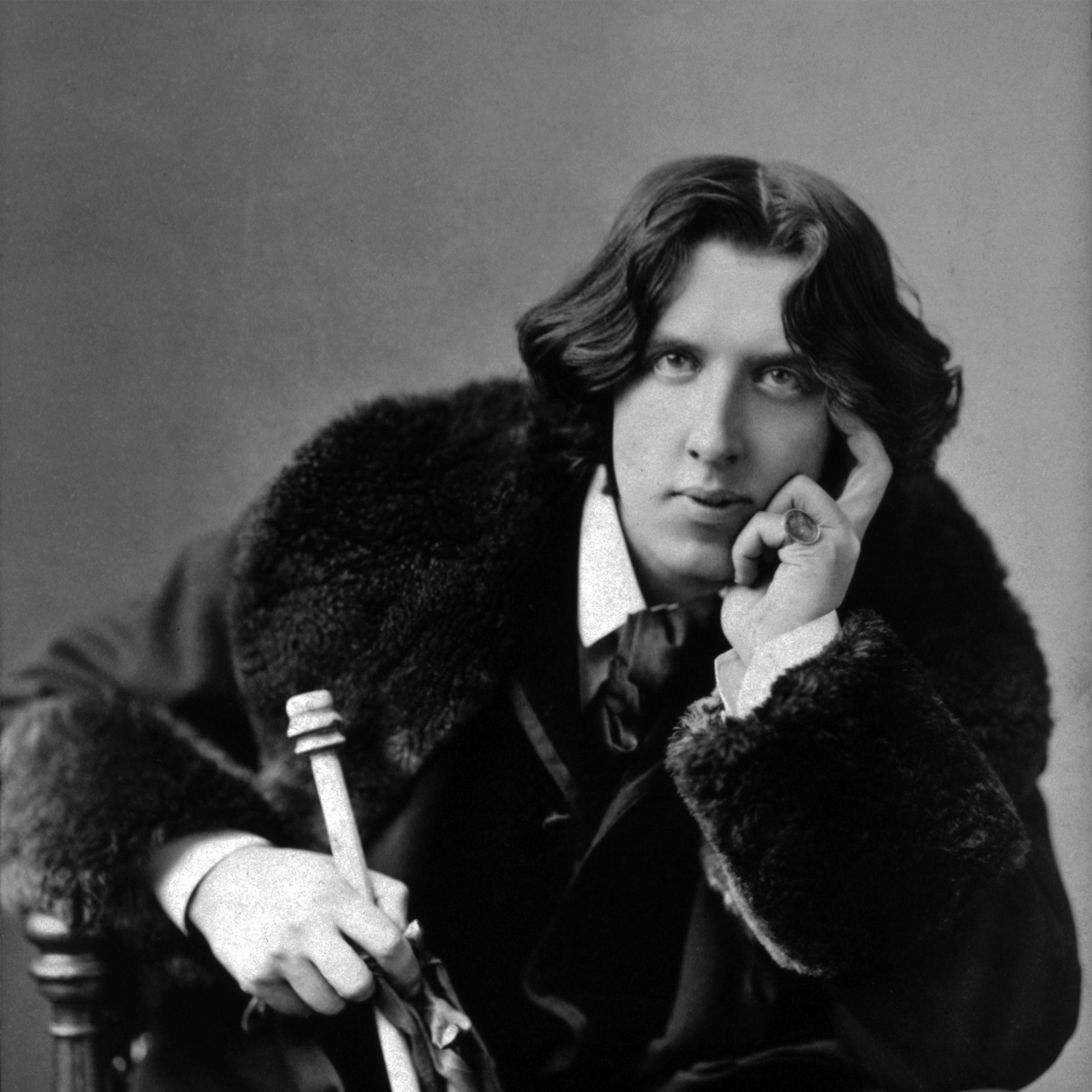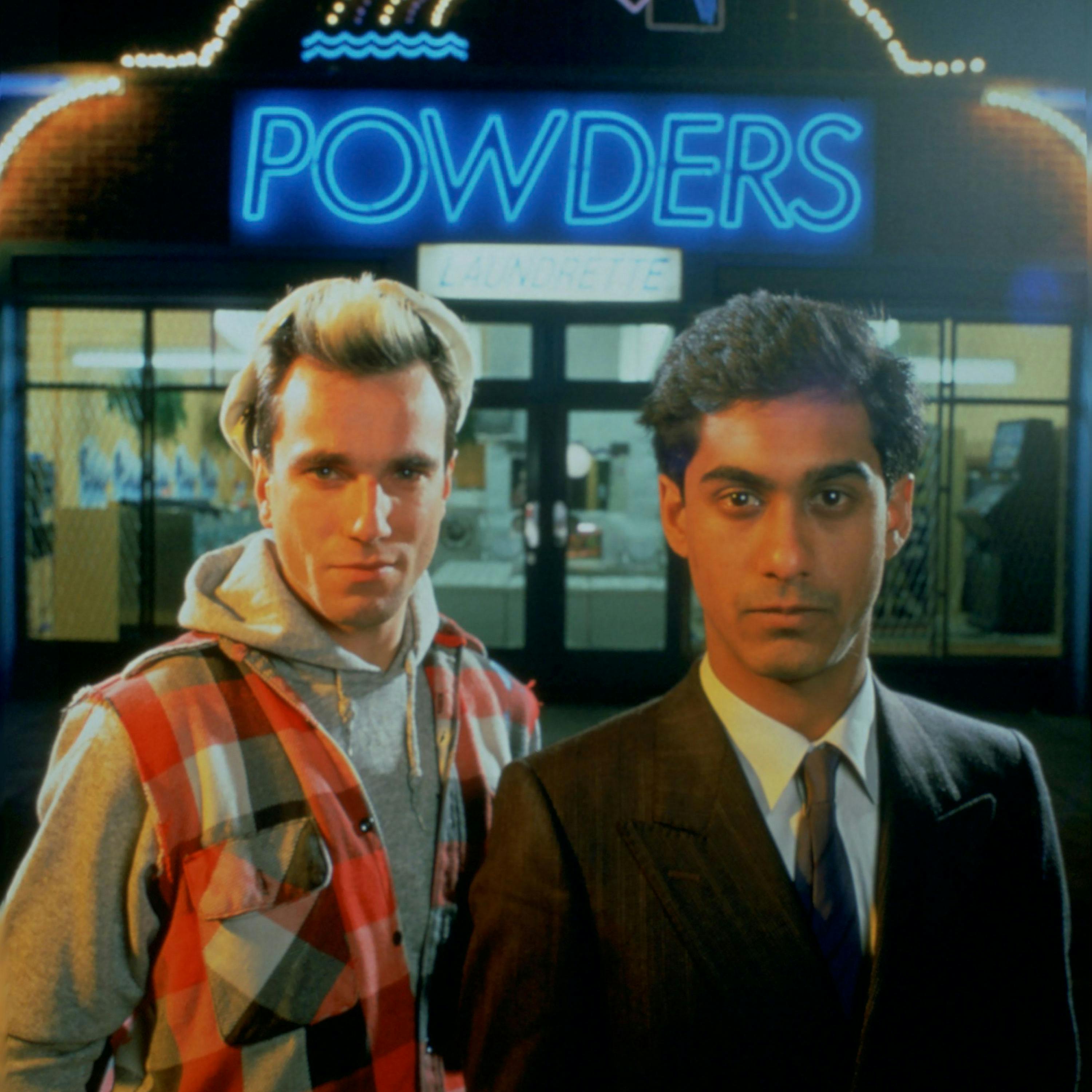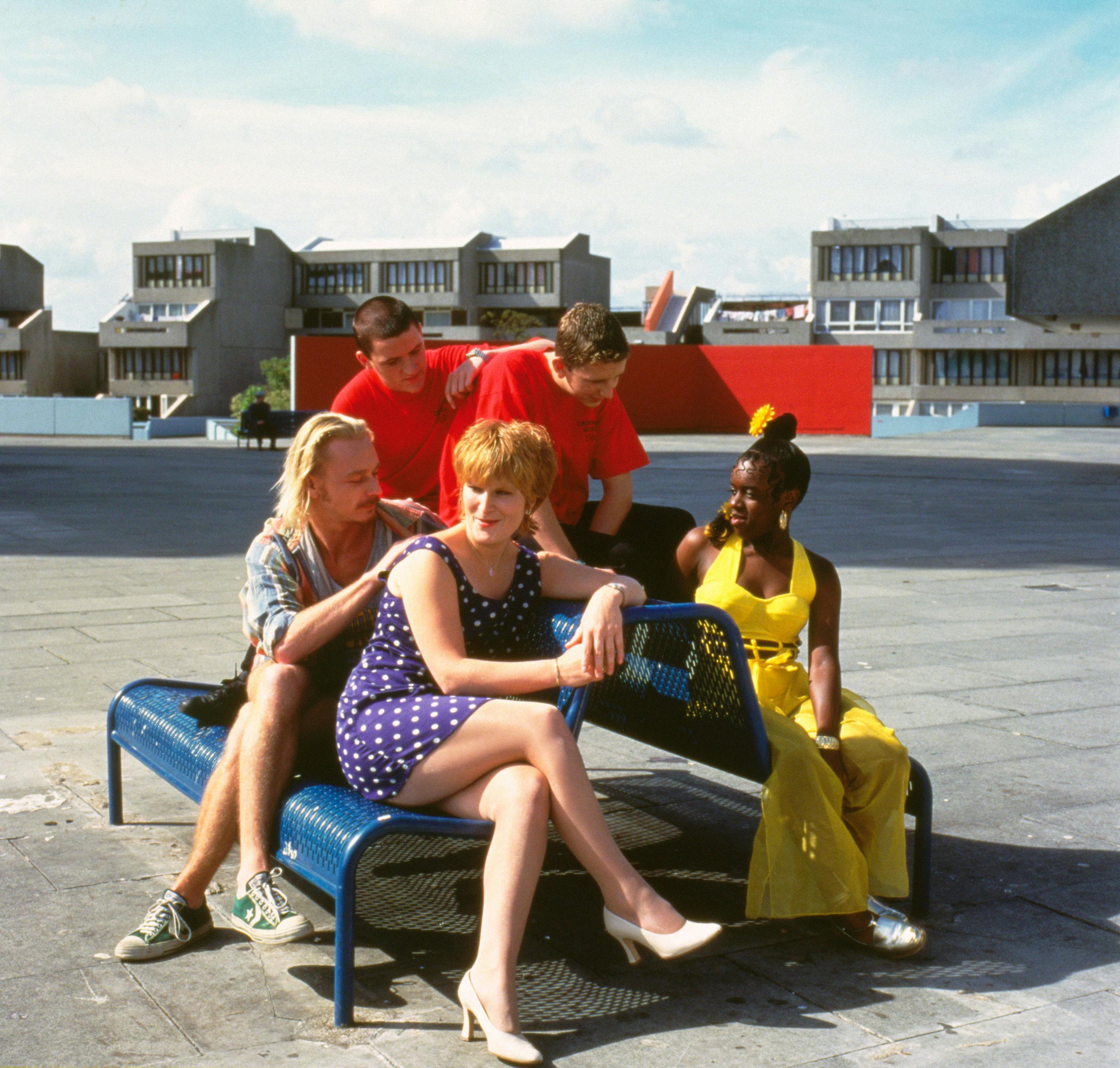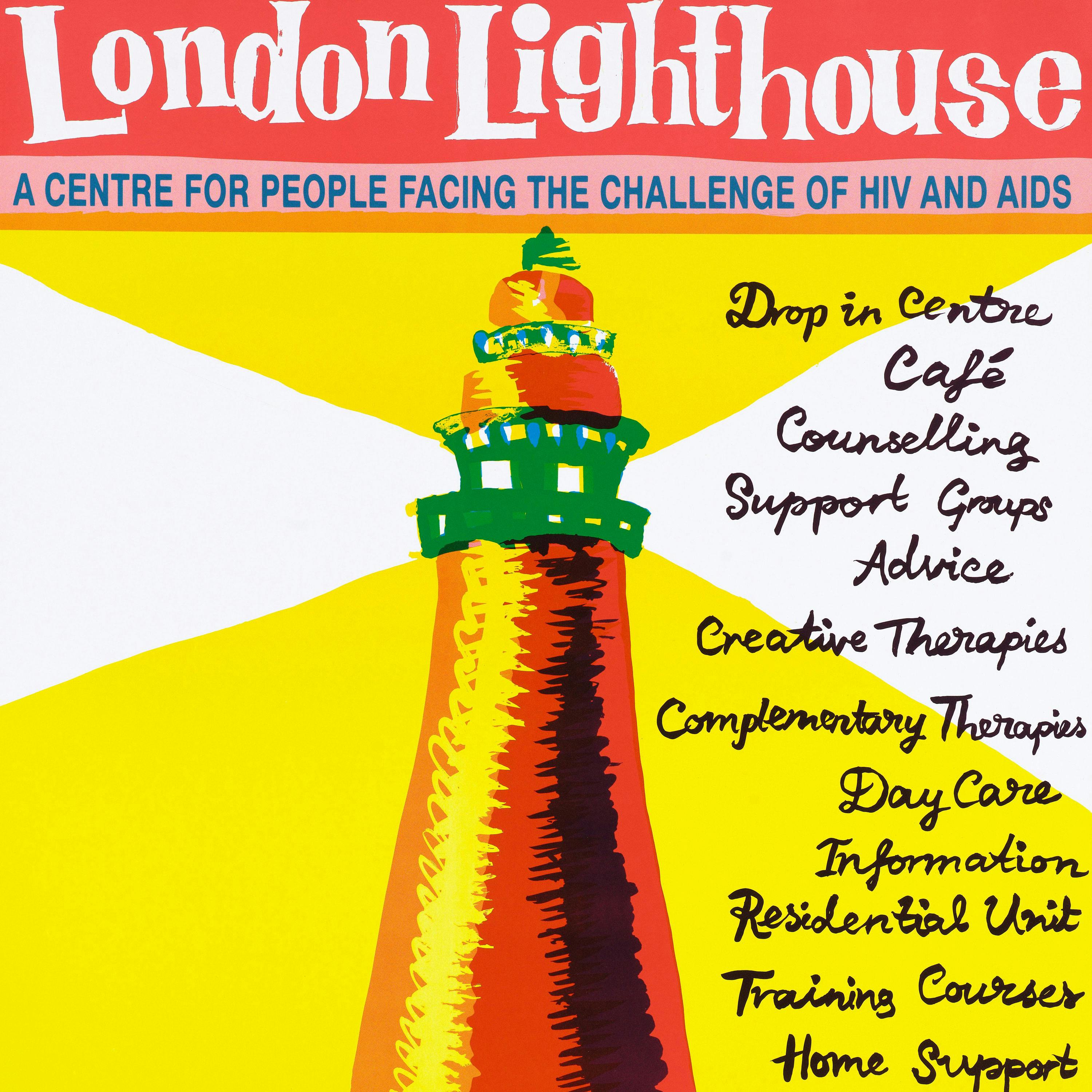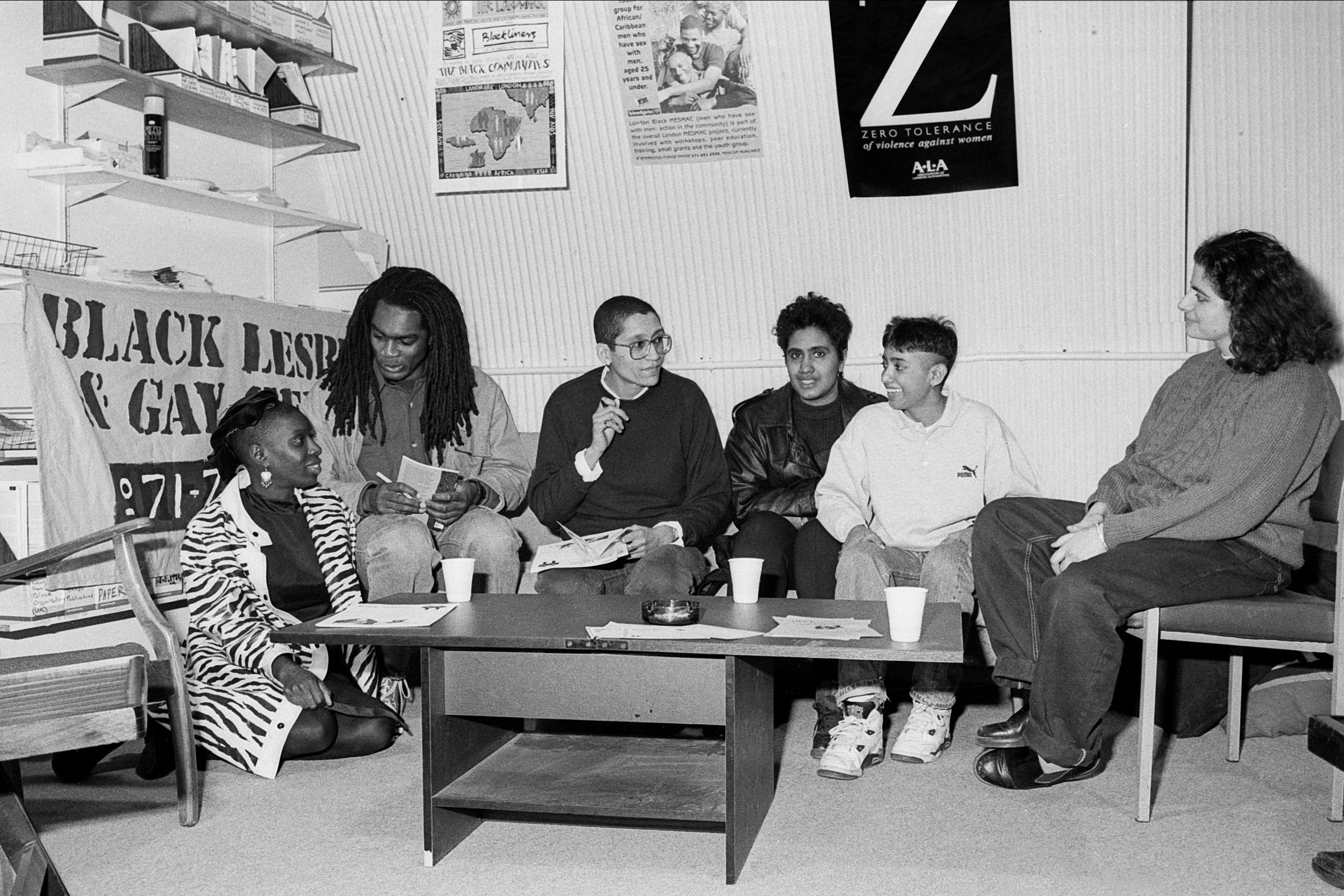Initiated in 2018, Rainbow Plaques is an ongoing national scheme highlighting the importance of intersectional LGBTQIA+ visibility in our streets and public spaces. The programme was established by York Civic Trust and the York LGBT Forum to honour lesbian diarist Anne Lister (1791–1840). The programme builds upon existing work established by Wandsworth LGBTQ+ Forum and Studio Voltaire in creating permanent plaques for Oscar Wilde at Clapham Junction Station in 2019, the 1980s film classic, My Beautiful Laundrette, on Wilcox Road in 2021, 1990s coming-out and coming-of-age classic Beautiful Thing, at The Greenwich Tavern in 2023 and London Lighthouse, a ground-breaking residential and support centre for people living with HIV and AIDS, also in 2023.
Rainbow Plaque
Jackie Forster
In February 2025, Studio Voltaire and the London LGBT+ Forums’ Network unveiled London’s newest Rainbow Plaque in Warwick Avenue, Westminster honouring groundbreaking journalist, broadcaster, actor and lesbian rights activist Jackie Forster (aka Jacqueline MacKenzie, 1926–98).
Rainbow Plaques is an ongoing programme led by Studio Voltaire and the London LGBT+ Forums’ Network, which identifies hidden and lost LGBTQIA+ heritage whilst highlighting the importance of intersectional queer visibility in our streets and public spaces.
Jackie Forster was a true trailblazer, paving the way for LGBTQIA+ people, specifically lesbians, through her pioneering work. Forster became one of the few well-known lesbians in mainstream broadcast media in the 1970s and worked to raise the public profile of lesbian activism in the UK. She began her career as a journalist and visual presenter under her maiden name, Jacqueline MacKenzie, in the early days of 1950s TV, reporting on the UK, Europe, Russia, Canada and the USA. Known for her lively delivery and sharp wit, she was a TV favourite with producers and viewers alike and went on to win the Prix d’Italia in 1956 for her coverage of Grace Kelly and Prince Rainier’s wedding. Forster’s appearances as a presenter and interviewer on mainstream news programmes made her a recognised public figure, and she continued to write as a freelance journalist for another thirty years. In 1969, Forster ‘came out’ publicly as a lesbian when she joined the Campaign for Homosexual Equality (CHE).
After her celebrated acting and broadcasting career under her name Jacqueline MacKenzie, she joined the Minorities Research Group and wrote for the lesbian journal Arena Three, the first lesbian magazine in Britain, which ran from 1964-71. In 1971 Forster co-founded the hugely influential social group and lesbian publication Sappho, which offered a safe forum and queer space for women marginalised by society, working at the intersection of the Women’s Liberation Movement and the Gay Liberation Front. She also instigated a campaign to help lesbians become mothers through artificial insemination by donor (AID), connecting Sappho's readers with doctors willing to perform IVF by donor and remained a champion of lesbian motherhood.
After Sappho, Forster became a Greater London Council's Women's Committee member and became curator for the Lesbian Archive. In her 70s, she founded Daytime Dykes, a social group whose focus was visiting museums and places of interest in London, especially those connected to women in general and lesbians in particular. In 1997, a BBC film crew invited Forster to film a programme about her life as part of The Day That Changed My Life documentary series. From 1992 until her death in 1998, Forster was an active member of the Lesbian Archive and Information Centre Management Committee, now part of the Glasgow Women's Library.
This plaque was selected from public nominations by the Rainbow Plaque panel and is the fourth of five new plaques being installed across London since 2023. The plaque is installed at Forster’s former home in Warwick Avenue, where she lived for twenty-one years until her death, and was unveiled in February 2025 in the presence of her family, friends, former co-workers and activists.
This Rainbow Plaque is supported by The Mayor of London’s Untold Stories Fund as part of his Commission for Diversity in the Public Realm, with additional support from Wandsworth Oasis.
Visiting Information
46 Warwick Avenue, London W9 2PU
The closest Tube is Warwick Avenue on the Bakerloo Line (4 minutes walk).
Access Information
The artwork can be viewed at street level from the pavement.
London LGBT+ Forums’ Network is a collection of individual LGBTQIA+ forums, Prides and borough-based community groups from across Greater London. They exist to tackle issues of inequality within the public services and to be a voice for their members and LGBTQ+ residents as well as deliver projects that celebrate our shared culture and heritage.
Twitter | @LondonLGBTNet
Since its foundation in 1989, Wandsworth Oasis has provided support to - and challenged stigma towards - those living with HIV. Using revenue generated by their nine charity shops located in London, as well as fundraising events, they have given over £1 million in grants to HIV-related projects and organisations during the last ten years alone.
Images courtesy of Joel Ryder Media.
Portrait of Jackie Forster, 1996. Image courtesy of the Glasgow Women’s Library. Photo by Peter Grosspersky and Lewis Oswald







